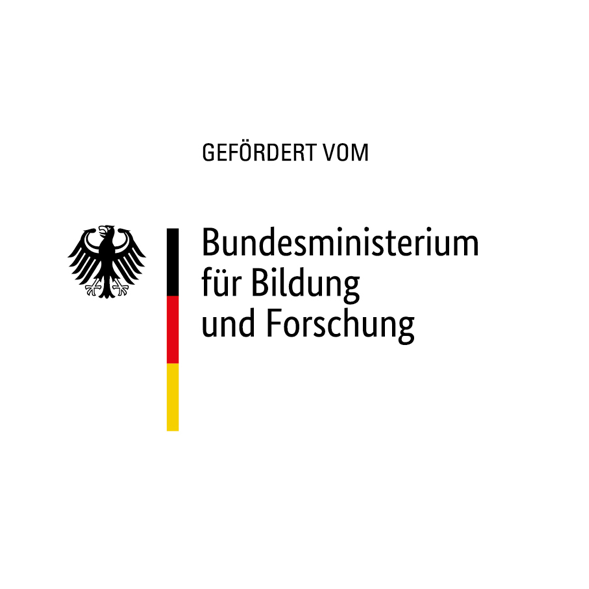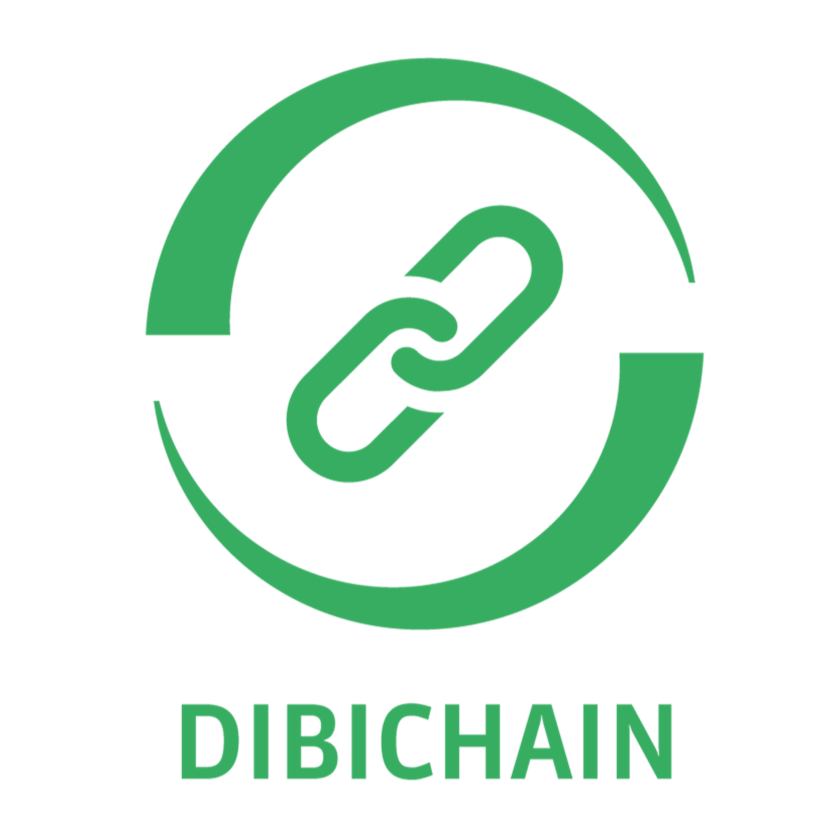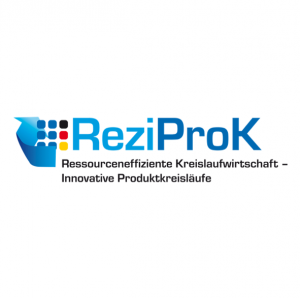DiBiChain
| Projekt | DIBICHAIN – Digitales Abbild von Kreislaufsystemen mittels einer Blockchain |
| Dauer | Jul 2019 – Jun 2022 |
| Förderung | Bundesministerium für Bildung und Forschung (BMBF), Fördermaßnahme ReziProK |
| Teilnehmende Unternehmen | Altran Germany (Konsortialführung), Blockchain Research Lab, iPoint-systems, Chainstep, Airbus |
| Kontaktperson | Fred Steimetz |

Projektbeschreibung:
Das Blockchain Research Lab arbeitet seit Juli 2019 gemeinsam mit Airbus, Chainstep und iPoint-systems im von Altran Deutschland geleiteten und vom Bundesministerium für Bildung und Forschung (BMBF) geförderten Forschungsprojekt DiBiChain (Digitales Abbild von Kreislaufsystemen mittels einer Blockchain). Über eine Laufzeit von drei Jahren wird erforscht, wie Produktkreisläufe durch den Einsatz von Blockchain-Technologie transparenter und nachhaltiger werden.
Moderne Produktkreisläufe sind komplex und dezentral. Oft lässt sich nur mit großem Aufwand beurteilen, wie nachhaltig ein Produkt ist und ob ökologische und soziale Standards eingehalten wurden. Im Projekt DiBiChain entwickeln die Projektpartner ein Blockchain-System, das den Produktkreislauf digital abbildet und dadurch transparent macht. Diese Transparenz ermöglicht die Nachverfolgung von Ressourcen über den gesamten Lebenszyklus und eine Stakeholder-gerechte Internalisierung von Externalitäten. Ein wesentlicher Beitrag des Blockchain Research Labs wird die Entwicklung eines in die Blockchain integrierten Anreizsystems sein, welches eine umfassende Erfassung direkter und indirekter Kosten ermöglicht.
Die Forschungsergebnisse werden im Rahmen des Projektes in einem von Airbus bereitgestellten Anwendungsfall bewertet und integriert.


Publications:
BRL Working Paper No. 18
The DibiChain protocol: Privacy-preserving discovery and exchange of supply chain information
Elias Strehle, Martin Maurer